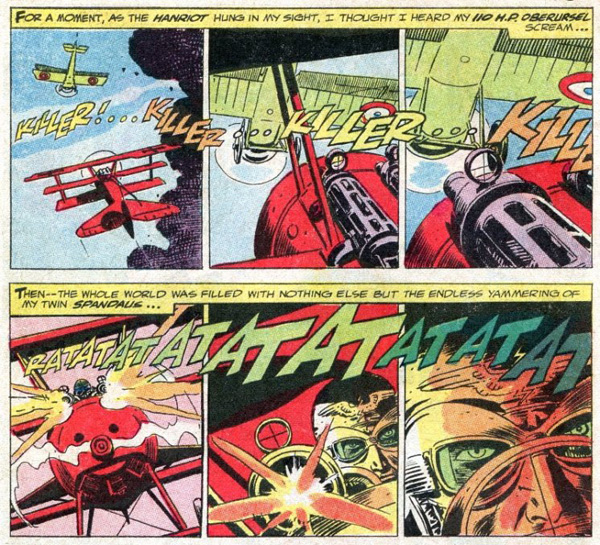Read This: Imagine and Magic Hours

Nina Subin
I haven’t had a lot to say about the controversies surrounding Jonah Lehrer and Imagine—and you’ll notice that I’m not putting up my usual link to Powells.com so you can look at and buy the book. That’s because it’s been pulled from the market after a journalist discovered that Lehrer had fabricated quotes which he attributed to Bob Dylan in the opening chapter. Even if that revelation hadn’t come less than a month after a brouhaha over Lehrer “plagiarizing” himself in his blog posts for The New Yorker, this would still have been a book-killer; since the knives were already out for him, it soon became a question of whether he’d have any writing career left at all.
I didn’t have any particular problem with Lehrer recycling his own work; sure, he could’ve thrown in a “As I said in This Magazine” when appropriate, but not doing so wasn’t nearly as awful as, say, Fareed Zakaria’s recent lifting and tweaking of an entire paragraph from a Jill Lepore piece in The New Yorker, which is pretty much the exact form of plagiarism that drove Ruth Shalit—hands up; who remembers Ruth Shalit?—out of magazine journalism. My opinion was undoubtedly subjective: Not only was I a fan of Imagine, I’d also done an interview with Lehrer shortly after the book’s release. He came across as a genuinely nice guy, and I respected and admired the way he’d been able to leverage his interests into meeting and interviewing some of his creative heroes. So, yeah, totally willing to give him the benefit of the doubt the first time around.
Once it turned out that he’d made parts of Imagine up, that position became harder to maintain; at the same time, I didn’t particularly feel like dogpiling on him at his weakest moment. Part of it was that the blowback from his actions affected his publisher, Houghton Mifflin Harcourt, which is also my former employer. So I knew the people who were forced to deal with recalling the book from stores and fielding questions from the media— under different circumstances, I could’ve been one of the people forced to deal with it—and I didn’t want to add to their troubles. And, honestly, I still liked the book that I read, and the author that I met.
14 August 2012 | read this |
Joe Kubert, 1926-2012

DC Comics
I was saddened yesterday afternoon to hear about the death of the comic book artist Joe Kubert. Although I came of age about a decade too late to be reading Kubert’s work when it came out, I did see a lot of references to those comics, especially Sgt. Rock—but once I had a chance to catch up with the stories, I actually leaned more towards the doomed German WWI fighter pilot Enemy Ace, from which the brief excerpt above is taken.
If you get the chance, you should track down the DC Showcase editions for those two characters; the stories are filled with one amazing example after another of Kubert’s cinematic approach to laying out a story in sequential panels. The example I’ve chosen is fairly conservative; in other stories, Kubert could produce stunning layouts that presented “close-up” panels embedded within larger panoramas, nimbly calling attention to the most important story elements while—and this is crucial—not being so virtuosic that you’d be paying attention to him rather than the story. He also had a wonderful eye for historical detail, which you’ll see in every page. He did do superhero comics at various points throughout his career, but there’s a realistic tone to his best work that… well, when I first started getting into it, the closest comparison I could come up with to explain it to other people was the equally great Will Eisner.
During his lifetime, Kubert founded a school for cartooning and graphic arts, which became a training ground for artists like Tim Truman, Steve Bissette, Rick Veitch, and Amanda Conner. He also raised two sons, Andy and Adam, who are themselves accomplished comics artists; in fact, Kubert’s last gig appears to be inking Adam’s pencils on one of DC’s Watchmen prequels. I haven’t actually read any of it, but the artwork I’ve seen online has an old-school vibe I suspect fits the project well.
13 August 2012 | obituaries |

 Our Endless and Proper Work is my new book with Belt Publishing about starting (and sticking to) a productive writing practice.
Our Endless and Proper Work is my new book with Belt Publishing about starting (and sticking to) a productive writing practice. 
